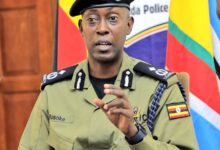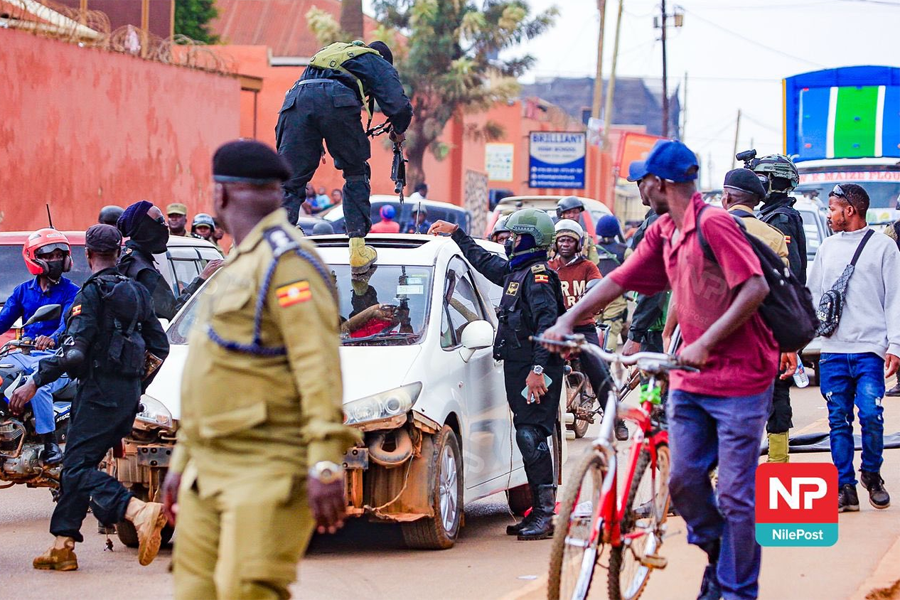
The confirmation of charges hearing for Lord’s Resistance Army (LRA) leader Joseph Kony will not take place in Uganda as earlier requested by the Prosecutor and victims’ representatives.
The hearing, scheduled for September 9, will instead be held at the International Criminal Court (ICC) premises in The Hague, Netherlands, following a ruling by the Pre-Trial Chamber on February 20, 2026.
The ICC Prosecutor had argued that holding the hearing in Uganda would bring the court closer to victims and affected communities, noting that Ugandan courts had the necessary facilities and technological capacity to support the process.
Victims’ representatives supported this position, saying that a hearing in Uganda would enhance victims’ participation and their sense of justice being served.
However, the Pre-Trial Chamber rejected the request, citing financial constraints, logistical challenges, and potential security risks associated with transferring parts of the court’s operations to the field.
The fate of the September 9 hearing now rests with the ICC Appeals Chamber. A panel of five judges has been assigned to decide on an appeal filed by Kony’s Defence, challenging whether a hearing can proceed in the absence of a suspect who has not yet made an initial appearance before the court.
Joseph Kony is the founder and leader of the Lord’s Resistance Army (LRA), a Ugandan rebel group that waged a brutal insurgency in northern Uganda and parts of Central Africa for over three decades.
Emerging in the late 1980s, the LRA claimed to be fighting to establish a theocratic government based on the Ten Commandments.
However, the group became notorious for its extreme violence, including mass killings, mutilations, abductions of children, and sexual slavery.
Kony remains one of the world’s most wanted fugitives, with an arrest warrant issued by the International Criminal Court (ICC) in 2005 for crimes against humanity and war crimes.
Under Kony’s leadership, the LRA abducted tens of thousands of children, forcing boys to become child soldiers and girls into sexual slavery.
The group’s tactics included mutilating civilians to instill fear, looting villages, and conducting hit-and-run attacks across Uganda, South Sudan, the Central African Republic, and the Democratic Republic of Congo.
Despite military efforts by Uganda and regional forces, backed by the United States and other international partners, Kony has remained elusive, with reports suggesting he is hiding in remote forests in Central Africa.
While the LRA’s strength has significantly diminished over the years, with most of its fighters either killed, captured, or defected, Kony’s whereabouts remain unknown.
Various attempts at peace talks, including negotiations in Juba, South Sudan, in the mid-2000s, failed as Kony repeatedly refused to sign agreements.
His indictment by the ICC marked a significant moment in international justice, but nearly two decades later, he remains at large, raising questions about global efforts to bring him to justice.







